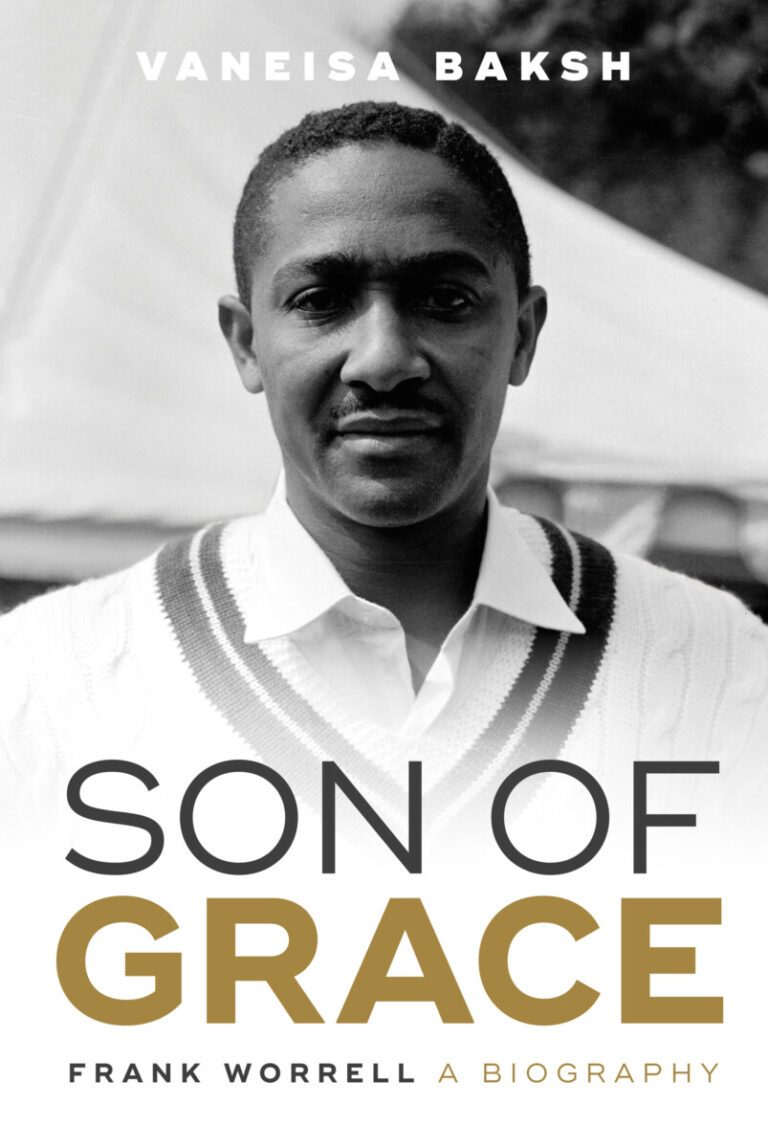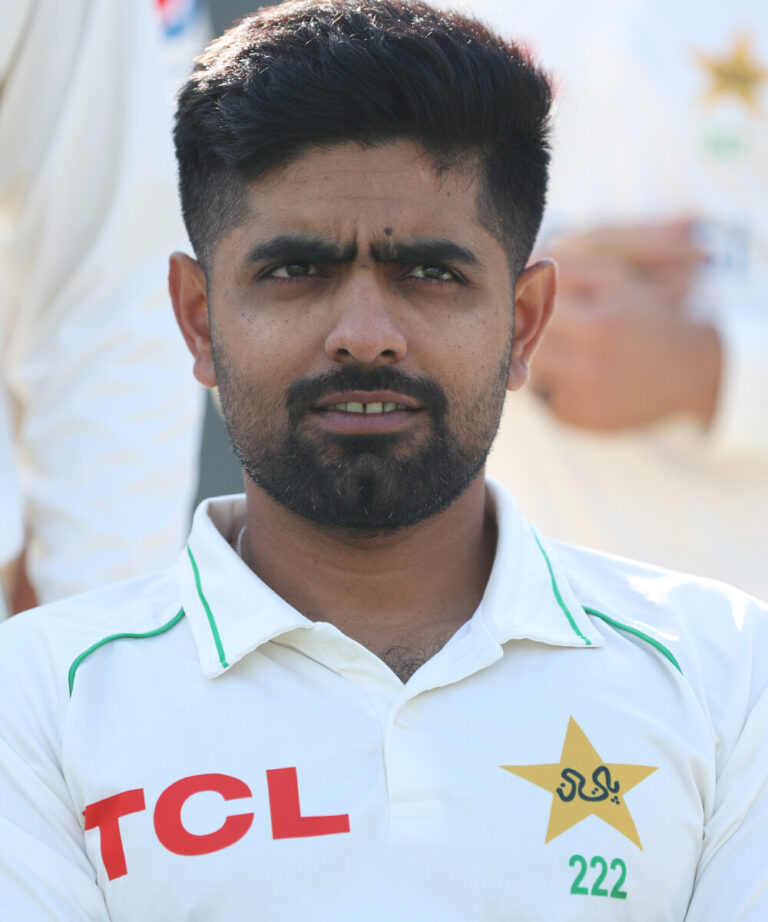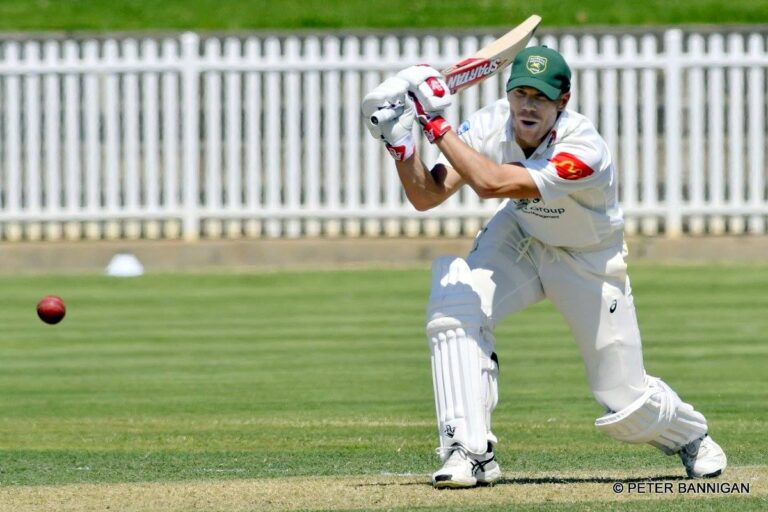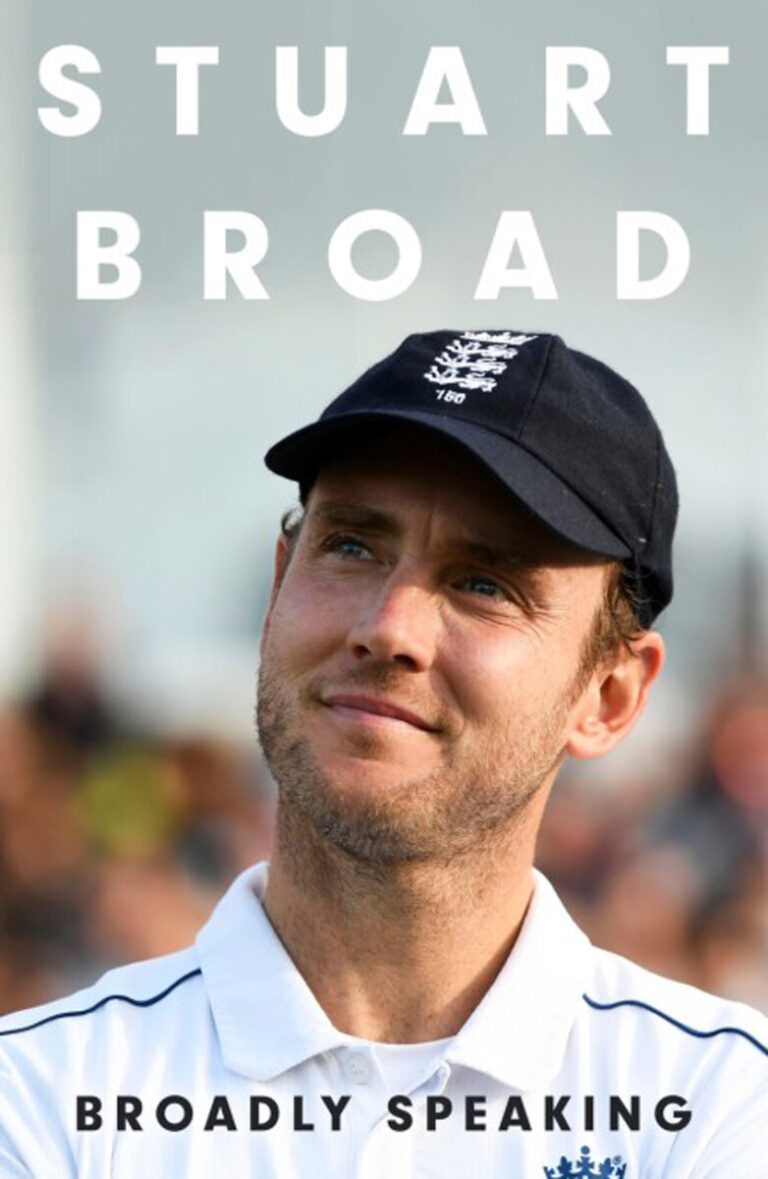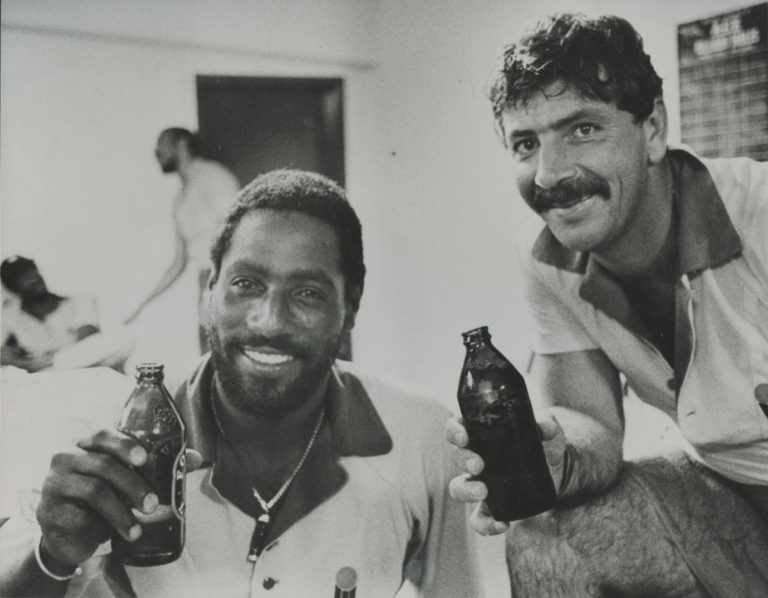
News
REVIEW: BORDER’S BATTLERS
It may well have been the greatest Test match of all, better than The Oval 1926, Headingley 1948 and even Edgbaston 2005.
With all its sub-plots, spats, heroes and tension, it can be argued that Madras 1986 was even more thrilling than the original tied Test in Brisbane 1960.
 So believes Allan Border, Australia’s captain that memorable sub-continental week. ‘It had everything Brisbane had, maybe more,’ he tells author Michael Sexton in Border’s Battlers, the furnace of Madras, the tied Test, a defining moment for Australian cricket.
So believes Allan Border, Australia’s captain that memorable sub-continental week. ‘It had everything Brisbane had, maybe more,’ he tells author Michael Sexton in Border’s Battlers, the furnace of Madras, the tied Test, a defining moment for Australian cricket.
His vice-captain, the equally respected David Boon concurs, saying the match ‘doesn’t get a fair run in history’.
There was no tv or radio of the game, just a few potted highlights each night on the 6pm news at a time (late September) when sports-mad Australia was concentrating on football and rugby finals.
Played over five compelling days in debilitating heat and humidity, the score-line was tied at 744 runs apiece when Ravi Shastri took a single to midwicket exposing the Indian No.11 Maninder Singh, who was judged lbw in rapidly-deteriorating light with just one ball left in the match.
Sexton sets up the high drama wonderfully well. ‘(Greg) Matthews settled and then bowled. The delivery was a good length and floating in from the line of the off stump, it hit the deck and turned into Singh’s pads. Matthews and (Tim) Zoehrer had barely reached the peak of their appeal when (umpire) V. Vikramraju shot his finger into the air as if he was trying to puncture a cloud. ‘For the second time in 1052 Test matches spanning 109 years, a game had finished with the scores tied.’
The dramatic ‘still’ photo of the umpire with his finger raised and Matthew jigging in delight was taken by a women, Mala Mukerjee, using her Nikon F3 and a 210 mm tele-photo lens. Other photographers had packed up to go to the after-match ceremony, but Mukerjee stayed, accepted some extra rolls of film and shot every delivery of the final four overs.
The final wicket fell at 5.19 pm, 79 minutes after the scheduled finish of play. It had taken Australia two hours and 20 minutes to bowl the final 20 overs.
So deliberate was Border with his field placings, that the senior umpire Dara Doitiwalla threatened to send him from the field for timewasting. ‘This isn’t a club game,’ said Border. ‘I’ll take all the time I need to get things right.’ Dotiwalla: ‘You must speed things up.’ Border: ‘Worry about that you do (or words to that effect).’ Dotiwalla: ‘I will send you off.’ By now Boon had joined his captain who was at boiling point. ‘Can he do that?’ Border asked. ‘Buggered if I know,’ said Boon before sauntering off again. There was no code of conduct or match referees in cricket in the ‘80s. The umpires were all-powerful.
Fifty thousand screaming Indians crammed the stadium. It was a remarkable finish. Ninety four runs were still needed when the jewel of India’, captain Kapil Dev, a centurion in the first innings, was dismissed.
Next man in Shastri deliberately walked around the sightscreen to avoid his captain as he was walking off. He wanted no instruction. Running at Ray Bright’s very first ball almost before he’d let go of the delivery, he spanked it violently through the covers. It was game on. Again. Shastri’s frenetic 48 from 40 balls was a dazzling knock, among so many in this underrated epic, which earlier included one of the great double-centuries of all from tyro Dean Jones.
Approaching the tour, an under-strength Australia had been unsure of its ability and potential. Border was being called ‘Captain Grumpy’ by the press, especially after saying, just months earlier, that he’d ‘just about had enough of this bunch’. Twelve months later, again in India, Australia won the World Cup, upsetting the hosts in the very first week.
The tied Test started a rare momentum and by the end of the decade no longer were they Border’s battlers, but among the most-esteemed cricket XIs in the world. This time last year Sexton’s first book (Ian) Chappell’s Last Stand won widespread acclaim. This one is even better. A riveting story, wonderfully told. –KP

